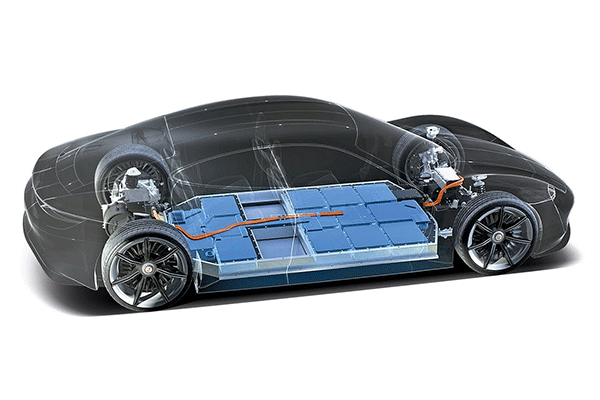European automakers are significantly lagging behind their U.S. and Chinese competitors in the race for electric vehicle battery raw materials, according to a new research report from the Brussels-based Transport & Environment Federation (T&E). The report, based on an analysis of public contracts, reveals that European manufacturers can only obtain one-sixth of the key raw materials needed to meet their 2030 sales targets for electric vehicle batteries, far behind U.S. Tesla and Chinas BYD.

Research shows that Tesla and Biady have taken sufficient steps to ensure the supply of uranium, lithium and uranium to meet their 2030 sales targets.In contrast, European automakers, in addition to Volkswagen in Germany and Stellantis in the Netherlands, most perform poorly in obtaining these critical battery raw materials.
In addition, the report noted that European automobile giants such as Mercedes-Benz, BMW and others had insufficient information on access to raw materials such as lithium, uranium and uranium, which increased uncertainty about the achievement of future electric vehicle sales targets.While some car companies may have concluded secret agreements with suppliers and some are still looking to reduce reliance on expensive uranium and uranium, publicly disclosed contract information still indicates European car companies are at a disadvantage in electric vehicle battery raw materials.
Julia Poliscanova, Senior Director for Vehicles and E-mobility at T&E, pointed out that supply chain strategies will determine the success or failure of Europes electric vehicle transition and may leave some companies behind the times. She emphasized the clear disconnect between European automakers EV sales targets and their critical minerals strategy.
Predictions from Benchmark Mineral Intelligence, a UK-based battery raw materials consultancy, align with T&Es report, forecasting supply shortages for some critical materials in the coming decade. Benchmark predicts that as China, Europe and the U.S. rapidly phase out gasoline and diesel vehicles, lithium demand from the automotive industry will quadruple by 2030, but production may fall short. Cobalt and nickel also face supply shortages, which could slow automakers electrification transition.
Caspar Rawles, chief data officer at Benchmark, noted that lithium could be a limiting factor in the scale expansion of the battery industry.He stressed that large-scale mining projects typically take at least five years to start mass production, so car companies need to make investment decisions in the next year or two to ensure an increase in supply by 2030.


 Follow the customer service WeChat account.
Follow the customer service WeChat account.